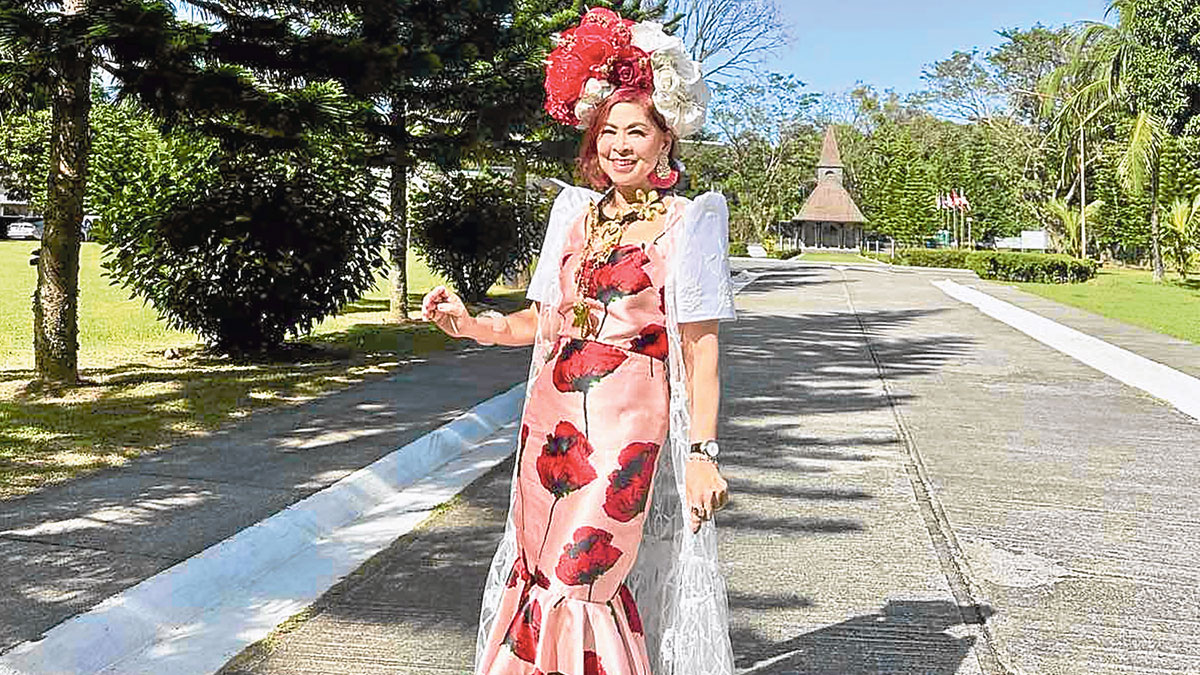Into our second pandemic year, we’re going through yet another stringent lockdown. Surprisingly, it’s turning out to be a blessing in the most unlikely disguise. It has given me solemn pause, something I’ve not had in a long while, to reflect deeply on the last days of Christ on earth, through his agony and into his glorious resurrection, his triumph over life and death, and our redemption, the very promise of our faith.
But how is my faith reflected in my own life?
Once a source of distraction, TV has become a family chapel in a box for daily Mass and, through the homilies, a source of inspiration and spiritual guidance. There’s something transformative about daily prayer and Holy Mass. Indeed, however long and dark the tunnel in which we find ourselves, there’s an Easter at the end of it.
The mutually complementary lessons of the Lenten season and this pandemic are timeless. Present-day conditions, as awful as they are, have proved themselves most conducive for deeper and undistracted reflection on Christ’s death and resurrection and the ensuing salvation for all mankind. It all goes into the meaning of divine love in the human condition.
Tough love
Divine love is unconditional, but it does not tolerate abuse; it is tough love, which may be what precisely we’re experiencing now. It never fails to get our attention; it rouses us in recognition of our common humanity; it inspires us to even surpass ourselves on that count. Sir Francis Drake speaks of it in a poem:
Disturb us, oh Lord, when
We are too well pleased with
ourselves,
When our dreams have come true
Because we have dreamed too little
When we arrived safely
Because we sailed too close to shore.
Drake speaks of a love that pushes back and disturbs our shallow contentment with our small accomplishments and feelings of false security, as though there were little else to do but luxuriate in our petty successes and material comforts, say, watching the sunsets of our lives from distant lands or cruise ships.
There are, indeed, moments in history where we forget our common humanity and need to be reminded, usually painfully. It is my hope that, if we convince God we are capable of achieving our commonality, our brotherhood and sisterhood, and rising above our very human nature, without having to go through storms of trials, we may never deserve another plague. Even at my age, there’s a lot of work to do, yet so little time in which to get it done. I can’t think of a better place to start than within the smallest social unit of humanity—the family.
Is there peace in my own family? Or are some members not talking to one another anymore? How loving and considerate are we toward one another? Or have we grown so distant in our moral concepts we no longer value the same things? From my own experience, I can tell you, it may be the hardest step in this whole endeavor; that may be why some of us can’t get past this first step.
Needs of others
But once that’s settled, hopefully within our lifetime, there’s a dramatic change: The family, as a team morally united, lives conscientiously and prudently, and discovers how little they really need and becomes aware of the needs of others. That’s when we start asking ourselves not anymore what we expect from life but what it expects of us, and watch how the direction of our lives begin to change.
Our priorities shift to include the needs of people within our own community, and the shift can send out ripples of love farther and farther, until, hopefully, the whole nation, nay, the whole world, becomes itself truly one, sharing resources and knowledge, and mutually respectful of differences in culture and forms of worship—a selfless community with leaders whose only agenda is to serve the common good. Ambitious? But why aim for anything less?
Oftentimes, feelings of anger, resentment, frustration, and despair at injustices simmer around me. But that’s precisely when Christ’s agony becomes real to me; I feel and see it in those who, after losing their livelihood and sometimes even their loved ones to this pandemic, have nothing left. So many are hungry, and the youth are out of school, deprived of education and the lifting company of their peers. I don’t have to look far; very dear friends are going through this disease and its terrifying uncertainties.
I was cautioned by a spiritual adviser not to allow my energy to be dissipated through negative and unproductive feelings, not to turn a blind eye to the suffering of others but to see the Easter that lies in wait and direct what’s left of my energy to what might be helpful to the victims of this regime, this pandemic, this life.
I decided to do just that and quickly found the perfect life partner for the endeavor. Often we only need to want something for others and a path opens up. Admittedly, there’s a lot of internal and external work to be done, work calling for human courage and trust in God.
Here is Drake’s challenge:
Disturb us, Lord, to dare more boldly,
To venture on wider seas
Where storms will show your
Mastery;
Where losing sight of land
We shall find the stars.
We should all rise from being suffering victims and act more boldly like the saved souls that we all are! Or what’s an Easter for?












































